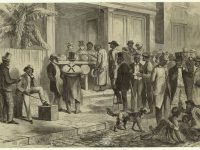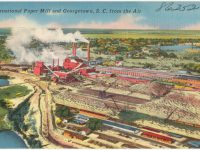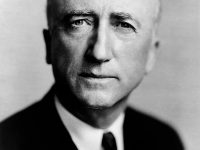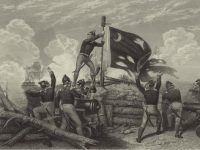HISTORY: Asparagus
S.C. Encyclopedia | Asparagus was an important cash crop in South Carolina from the 1910s until the mid-1930s. Commercial asparagus production began in response to the “cotton problem.” With cotton prices low and the boll weevil creeping ever closer, farmers in the “Ridge” counties of Aiken, Edgefield, and Saluda began planting asparagus to supplement their dwindling cotton incomes.













 We Can Do Better, South Carolina!
We Can Do Better, South Carolina!

























Recent Comments